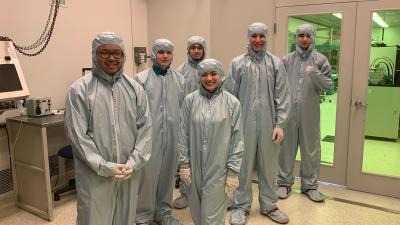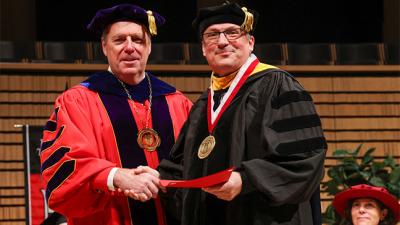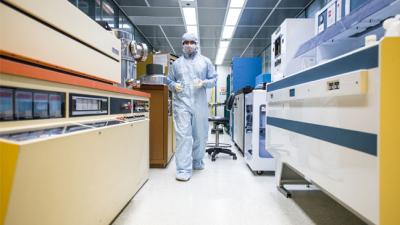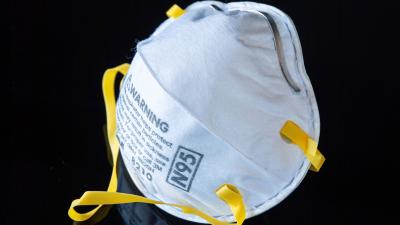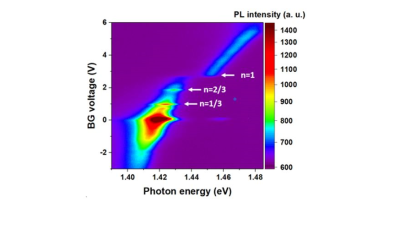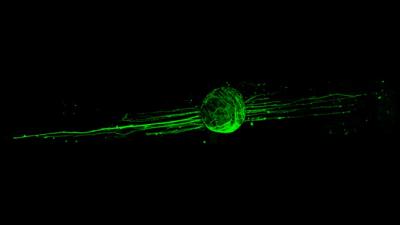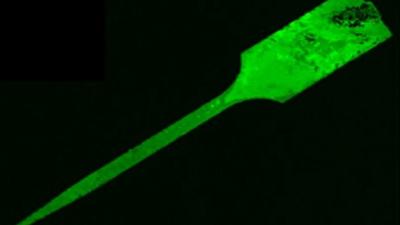RPI and HVCC Launch Semiconductor Workforce Development Program
Rensselaer Polytechnic Institute and Hudson Valley Community College have welcomed the inaugural class of RPI-HVCC Semiconductor Scholars. Funded by the 2022 CHIPS and Science Act, the Scholars program is one of many efforts in the Capital Region and around the country to prepare more students to enter the semiconductor industry.
